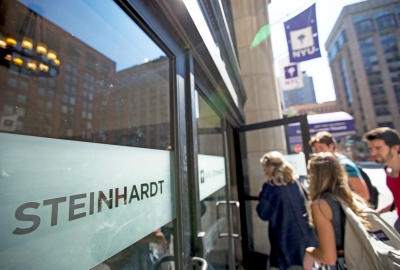In this course we will cover the varieties of Italian food in their past and present forms. First, we will explore the history of food from past civilizations, leading up to World War I, just after the great immigration to the New World. Time periods examined will be ancient Rome, Medieval, Renaissance, Risorgimento, leading to the modern era. This course includes topics ranging from Pellegrino Artusi’s famous cookbook in the contest of Italian unification to the relationship between Italian Futurism and food. The second part of the course will introduce students to the regional diversity of Italian food using mediums such as TV, art, and film. We will examine the ways in which food shapes contemporary Italian society, from the more intimate family kitchen to the most elegant Italian restaurant in New York City.
Course #
FOOD-UE 1052
Credits
4
Department
Nutrition and Food Studies


